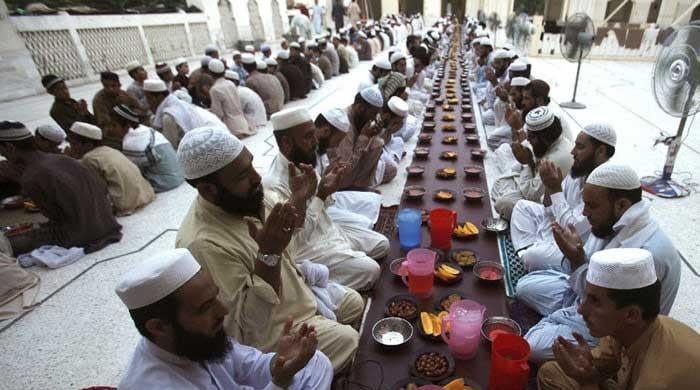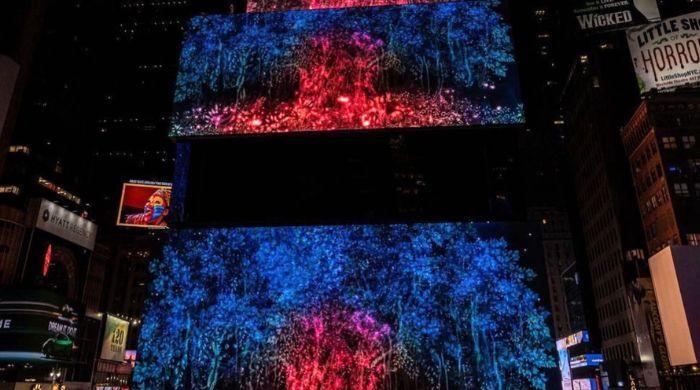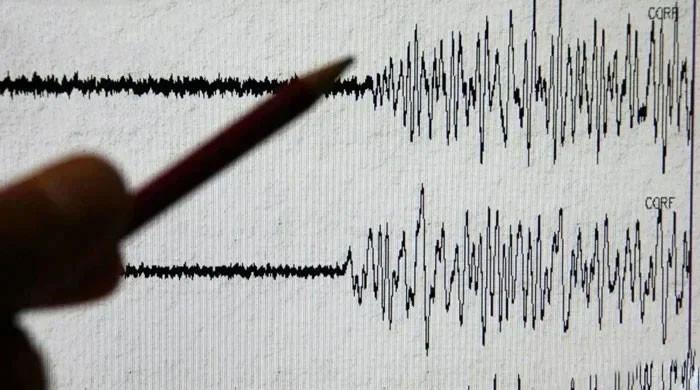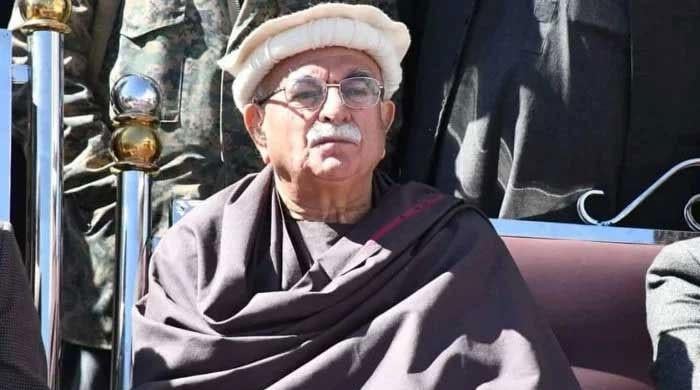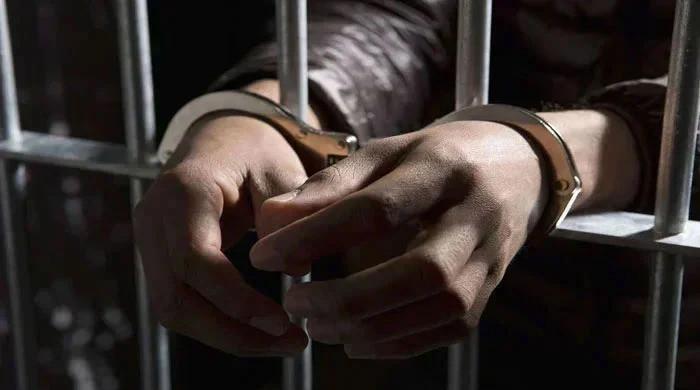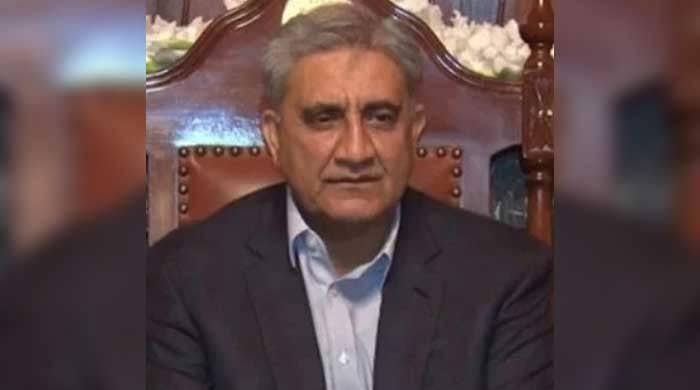Karsaz bombing investigation is going nowhere
Eleven years and four inquiry tribunals later, there is still no headway in the investigation into Pakistan's deadliest terrorist attack
November 05, 2018
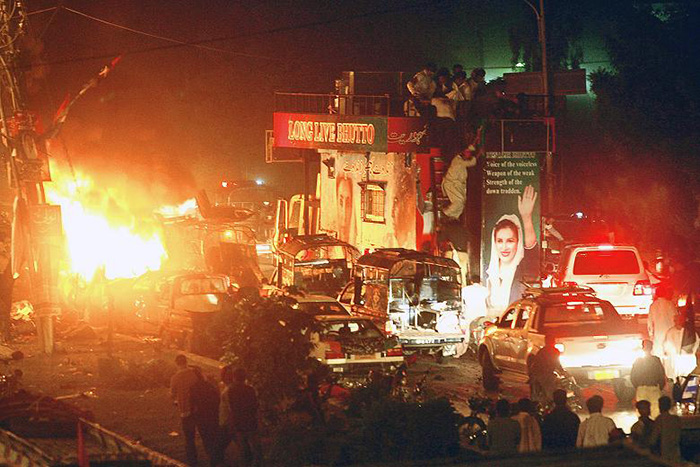
KARACHI: For Shafiq Hout, it is a ritual of remembrance. Every October 18, the 55-year-old Pakistan People's Party worker visits a local cemetery in Lyari, Karachi, and prays for his colleagues—the martyrs who lost their lives in Pakistan's deadliest attack in 2007.
That day, eleven years ago, 160 people were killed and 500 injured in twin suicide bombings targeting former prime minister Benazir Bhutto's convoy on the Karsaz road in Karachi. Bhutto survived the attack, but was assassinated a few months later in Rawalpindi.
Thousands had gathered for Bhutto's homecoming. Hout was one of those who sought to desperately catch a glimpse of his leader.
When the first thundering explosion sounded, he was thrown off his feet. His leg was bleeding, yet he quickly collected himself and ran headlong into the crowd. Hout was adamant to help as many party workers as he could. And he did, by ushering the injured to ambulances well into the morning.
But lately, his devotion is wearing off.
Hout is disappointed with his party, the PPP. It's been a decade since the Karsaz bombing, during which four probe committees were formed. Yet, none of the masterminds have been arrested. Law enforcement agencies are still clueless about the perpetrators, even though the PPP has been in power in Sindh since 2008.
"The party is just not interested," Hout tells Geo.tv. "The PPP leaders only use the tragedy for their election campaigns and slogans."
On the day of the bombing, a first information report (FIR 183/07) was registered at the Bahadurabad police station. A subsequent police report revealed that two suicide bombers detonated their vests near Bhutto's motorcade. However, the police failed to ascertain the bombers' identities.
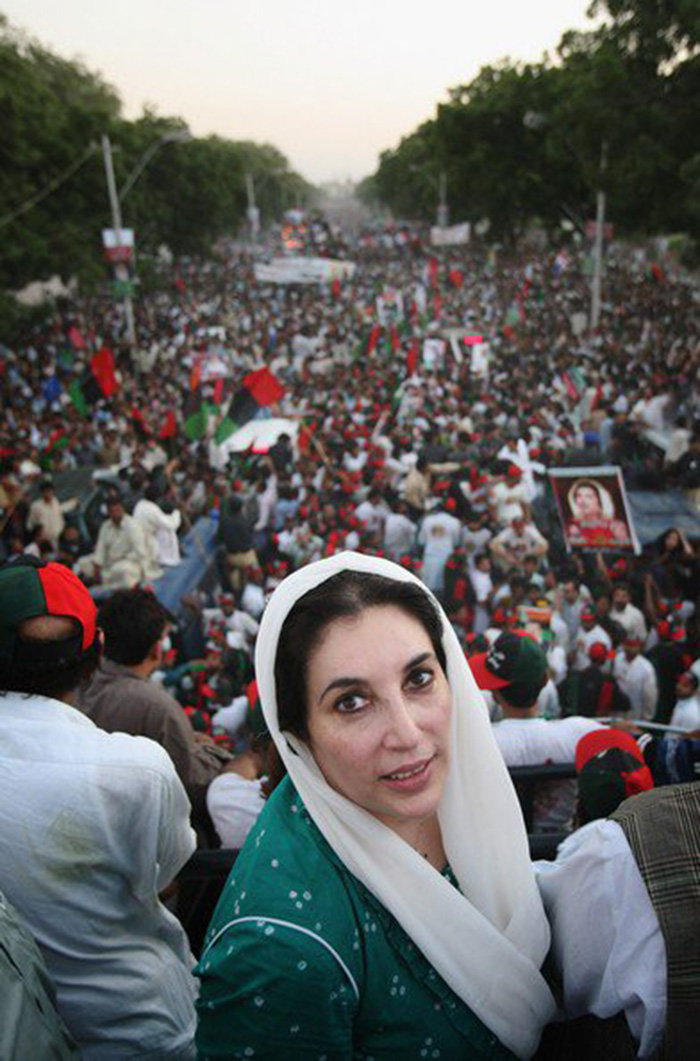
To date, there is no conclusive answer about which of the many terrorist networks was involved in the attack. On the condition of anonymity, police officers probing the case told Geo.tv that they suspect militants from the Tehreek-e-Taliban Pakistan (TTP) carried out the attack, only because Bhutto named the group in her book, 'Reconciliation: Islam, Democracy and the West', and specifically mentioned threats to her life from the then-TTP chief Baitullah Mehsud.
Furthermore, the group's South Waziristan commander, Mufti Noor Wali, who has now been elevated to the position of chief, had also previously claimed that his group was involved in the Karsaz bombing.
"At that time, the Deputy Superintendent Police Nawaz Ranjha interrogated militants from various banned outfits, including the TTP and Lashkar-e-Jhangvi," said a police officer. "We did not find any direct links." (Ranjha was shot dead in a targeted killing in 2010).
In 2008, security agencies produced Qari Saifullah Akhtar, an al-Qaeda militant, in court on the suspicion of involvement. But he was released due to lack of evidence.
The first probe committee was formed by Arbab Ghulam Rahim, then-chief minister of Sindh, in 2007. It was to be headed by the retired Justice Dr. Ghous Mohammad. However, the PPP boycotted the tribunal and filed a petition in the Sindh High Court against it. When the party came to power, in 2008, four months after the Karsaz attack, it disbanded the tribunal. Now under the leadership of Asif Ali Zardari, Bhutto's husband, the party lodged a second police report. This time it named former Punjab Chief Minister Chaudhry Pervaiz Elahi, retired Lt Gen Hameed Gul, and retired Brigadier Ejaz Hussain Shah as suspects. (Elahi is currently the speaker of the Punjab Assembly and Shah is an elected parliamentarian). However, the investigating agencies cleared all three men.
The same year, former police chief Dr Shoaib Suddle constituted an inquiry committee to probe the Karsaz blasts. But it too fell silent soon after formation.
On the tragedy's fourth anniversary, Shuddle told the media that the PPP's higher leadership was uninterested. He said they had asked him to halt the probe because it could adversely affect the investigation into Bhutto's assassination.
In 2012, then-chief minister of Sindh and PPP leader, Qaim Ali Shah, formed a new inquiry tribunal under the chief of the Crime Investigation Department. But that too was disbanded a few months later. Then, another one was formed in 2016 by the new chief minister, Syed Murad Ali Shah. This tribunal was headed by Additional Inspector General Sanaullah Abbasi, and included SSP-Intelligence Omar Shahid Hamid, Special Investigation Unit SSP Farooq Awan, Inspector Sajjad Ali, and Inspector Sajjad Awan. But two years since then and it is still unclear if the committee is making any headway.




